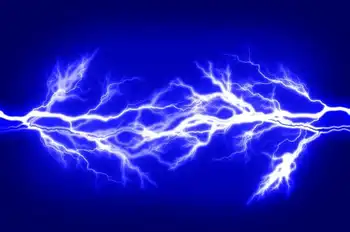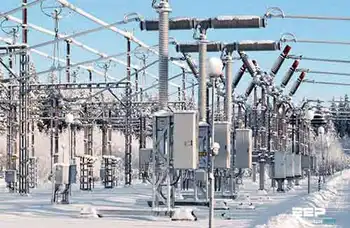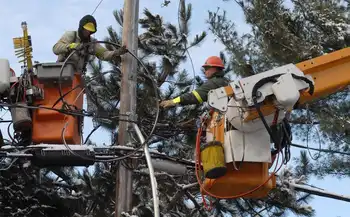HardFiber system replaces copper with fiber optic
The HardFiber System, which eliminates the need for thousands of copper wires in a substation and replaces them with a few fiber optic cables, can save utilities up to 50% of their current installation and maintenance costs while at the same time increasing worker safety and power system reliability.
A breakthrough in the installation and ownership of protection and control (P&C) systems, HardFiber addresses the challenges utilities face today. It delivers significant installation and maintenance cost savings and helps improve system security, reliability, and safety.
CIGRE (International Council on Large Electric Systems) is one of the worldÂ’s leading organizations on electric power systems. At this yearÂ’s conference, GE Digital Energy had a significant presence with its Multilin HardFiber System, providing three technical papers and presenting five subject contributions on technology, cyber security, and business drivers to an audience of approximately 350 protection engineers at the B5 Technical Session on Protection & Control.
The GE Digital Energy team made a presentation with American Electric Power (AEP) at the UCA International Users Group Annual Meeting about the first HardFiber System installation at one of AEPÂ’s electrical substations. The team also hosted a well-attended seminar on the life cycle of process bus, from designing to commissioning and testing the system.
Process bus is a substation communication architecture that efficiently collects and transfers data from switchyard equipment to the control room. HardFiber is a process bus solution.
Additionally, the HardFiber System was showcased in a booth where GE Digital Energy P&C technology experts talked with visitors and demonstrated the complete system.
Related News

Big prizes awarded to European electricity prediction specialists
LONDON - Three European prediction specialists have won prizes worth €2 million for developing the most accurate predictions of electricity flow through a grid
The three winners of the Big Data Technologies Horizon Prize received their awards at a ceremony on 12th November in Austria.
The first prize of €1.2 million went to Professor José Vilar from Spain, while Belgians Sofie Verrewaere and Yann-Aël Le Borgne came in joint second place and won €400,000 each.
The challenge was open to individuals groups and organisations from countries taking part in the EU’s research and innovation programme, Horizon 2020.
Carlos Moedas, Commissioner for Research, Science and…





